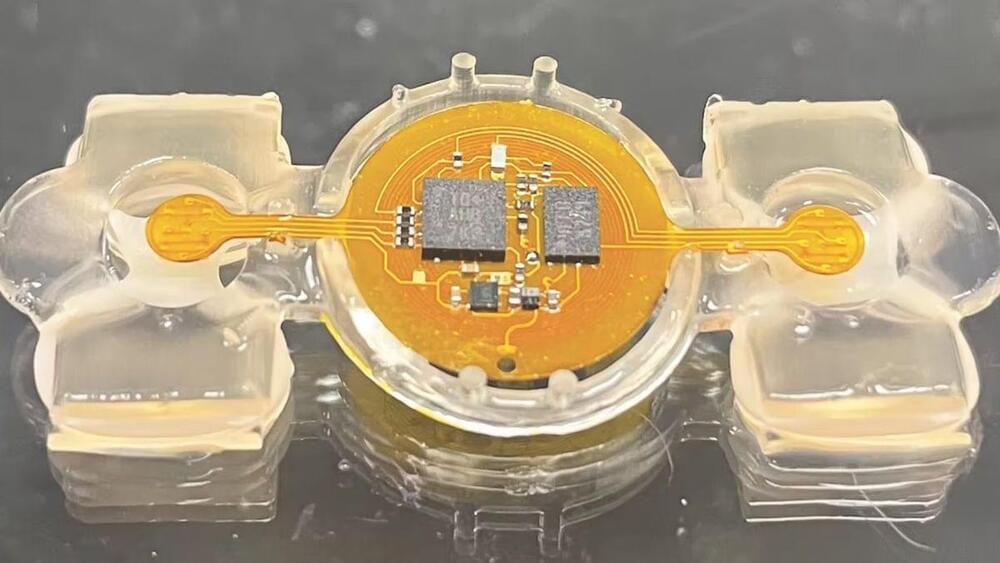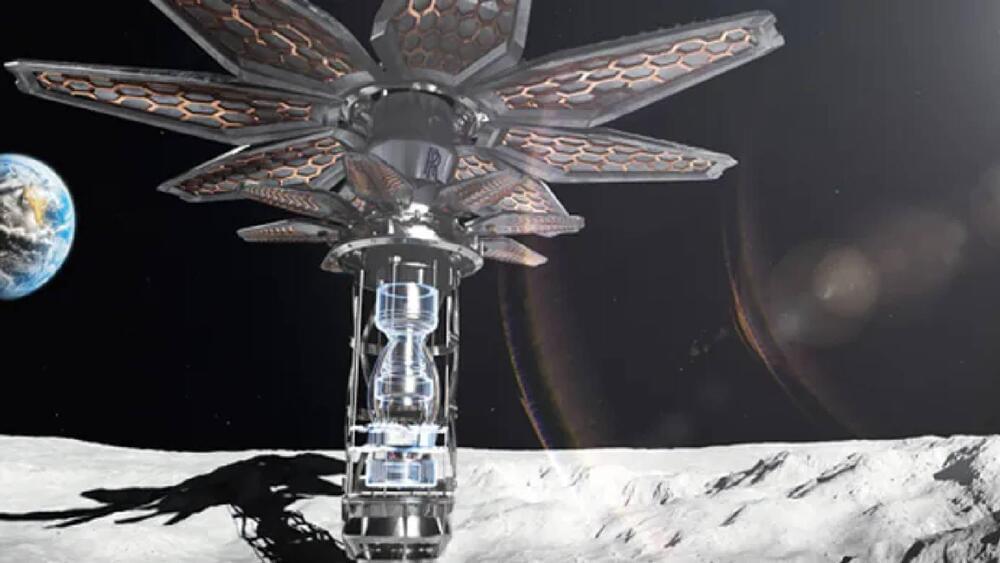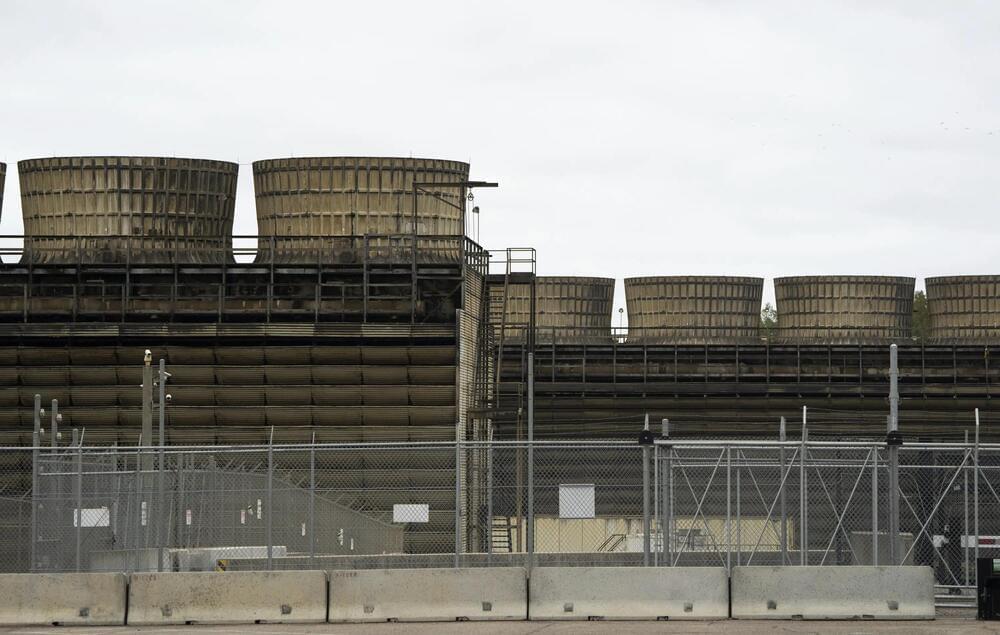Robots in their current form contribute far more to our modern day life than you may realise. They may not be the sci-fi androids many imagine, but they’re hard at work doing tasks like building cars, or learning how to control nuclear fusion (opens in new tab). Only in recent years are we starting to see robots like you might have imagined as a kid, with Boston Dynamics’ creations doing all sorts of crazy stunts (opens in new tab) like dancing (opens in new tab) or guarding Pompeii (opens in new tab).
Robotics isn’t all about metal machines it turns out, and biohybrid robots may be part of our cyberpunk future too. It’s only been a few days since I was introduced to OSCAR, an artist’s rendition of a disgustingly meaty, pulsating flesh robot (opens in new tab). As wonderful and vivid as those videos are, it’s a good time to take a palette cleanser with a look at a real-world biohybrid robot.





